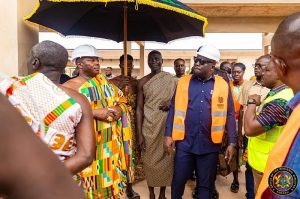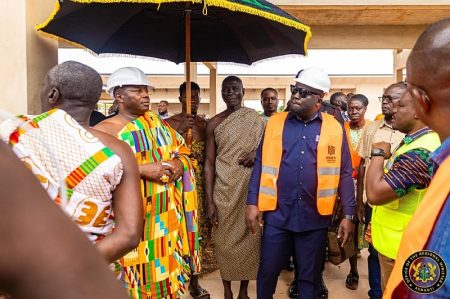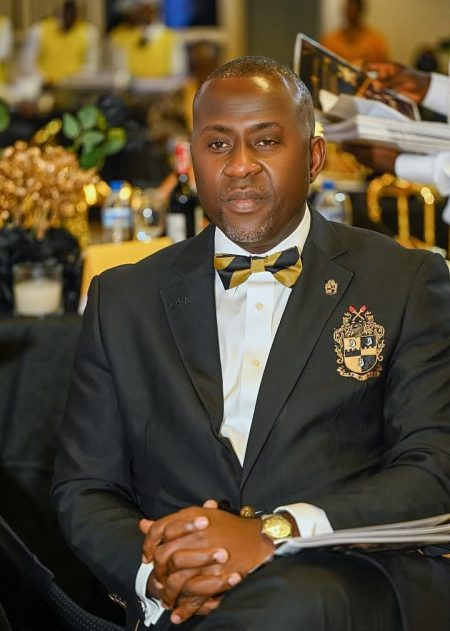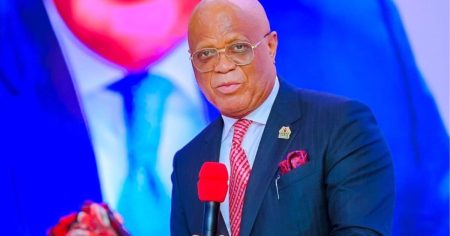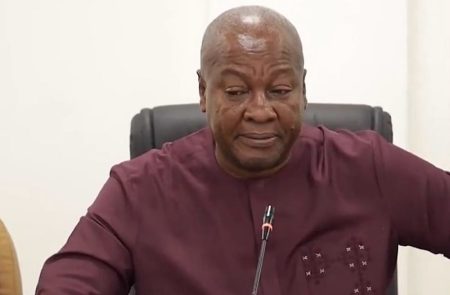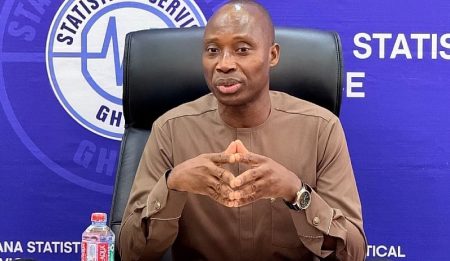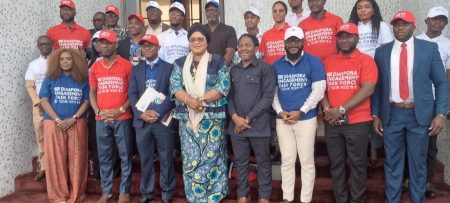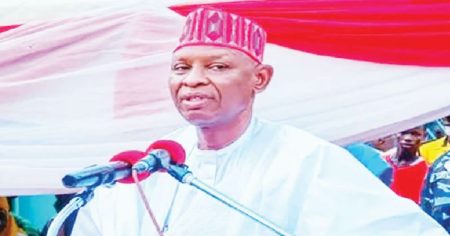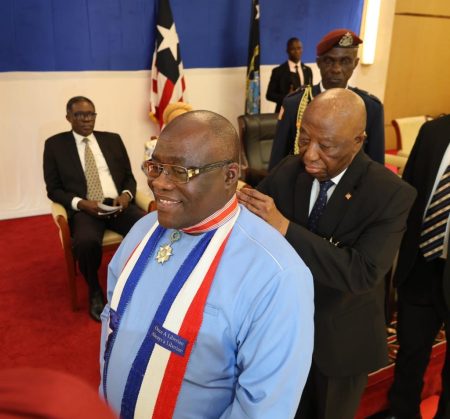The political landscape in Ghana has been stirred by a recent controversy involving Dr. Hanna Bisiw-Kotei, Administrator of the Minerals Development Fund, and Malik Basintale, Acting CEO of the Youth Employment Agency (YEA). The controversy stems from their reactions to a violent incident that disrupted the Ablekuma North parliamentary rerun election, particularly an alleged assault on former Fisheries Minister, Hawa Koomson. The Minority in Parliament has called for the dismissal of both officials, citing “unacceptable conduct” unbecoming of state officials. However, both Dr. Bisiw-Kotei and Mr. Basintale have firmly rejected these calls, dismissing them as baseless and choosing to maintain their focus on their respective roles.
The incident that sparked the controversy unfolded during the Ablekuma North parliamentary rerun election held on Friday, July 11th. Reports emerged alleging that Hawa Koomson had been assaulted at a polling station amidst scenes of chaos. While details surrounding the incident remain contested, the reactions of Dr. Bisiw-Kotei and Mr. Basintale ignited a firestorm of criticism from the Minority. Dr. Bisiw-Kotei, in a radio interview, categorically refused to express sympathy for Ms. Koomson, characterizing the calls for her empathy as a “joke” and asserting that she would not be forced into hypocritical expressions of concern for someone she considers to be a source of suffering for many. Mr. Basintale, on the other hand, published a Facebook post that appeared to celebrate the actions of an individual involved in the melee, humorously dubbing him “Flying Python” and suggesting a fictitious appointment to a “5K Airforce.”
The Minority seized upon these reactions, arguing that they were deeply inappropriate, particularly given the positions of responsibility held by both officials. They accused Dr. Bisiw-Kotei and Mr. Basintale of undermining Ghana’s democratic institutions and demanded their immediate removal from office. The Minority’s argument centers on the expectation that individuals entrusted with championing youth and women’s empowerment should exhibit a higher standard of conduct, particularly in situations involving violence and political tension. Their actions, the Minority contends, have fueled the political divide and further eroded public trust in state institutions.
Dr. Bisiw-Kotei, however, remains unmoved by the criticism. She maintains that her remarks have been twisted and taken out of context. She insists that her refusal to offer sympathy to Ms. Koomson stems from her personal experiences and her belief that Ms. Koomson’s actions have caused harm to many. She reiterated her commitment to her responsibilities within her party and to her role as Administrator of the Minerals Development Fund, emphasizing her focus on the work at hand rather than the political controversy surrounding her. Similarly, Mr. Basintale has not offered a public apology or retraction of his Facebook post.
This controversy underscores the deep political divisions within Ghana and the heightened sensitivities surrounding electoral processes. The incident in Ablekuma North and the subsequent reactions of Dr. Bisiw-Kotei and Mr. Basintale have become a focal point of political debate, with each side entrenching their positions. The Minority’s call for dismissals highlights their concern over the perceived erosion of ethical standards within government, while the defiance of Dr. Bisiw-Kotei and Mr. Basintale reflects their unwavering commitment to their political allegiances and their refusal to bow to pressure they deem unjust.
The political fallout from this controversy is likely to continue as the debate over accountability and appropriate conduct for public officials intensifies. Whether the calls for dismissal gain traction remains to be seen. However, the incident has undoubtedly further polarized the political landscape and fueled discussions about the role and responsibilities of those entrusted with public office in upholding democratic values and fostering a climate of peace and respect. This incident serves as a microcosm of the broader political tensions within Ghana, reflecting the challenges faced in navigating differing political perspectives and maintaining public trust in the integrity of democratic processes.



